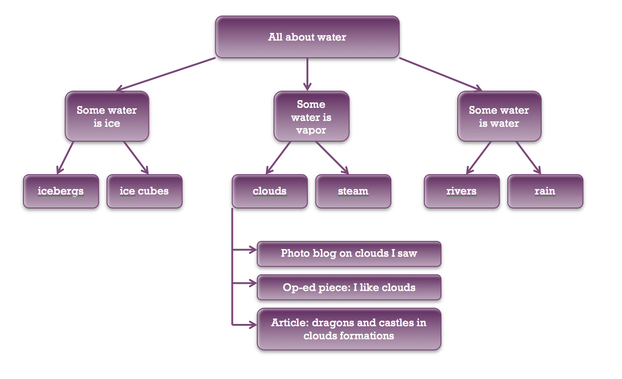A good website depends on design, content and quality.
Read this to quickly learn how to organize a webpage that stands a chance of ranking well with Google.

by ChrisHugh
A good website depends on design, content and quality.
Read this to quickly learn how to organize a webpage that stands a chance of ranking well with Google.
You want a high page rank (PR) with Google because it can help drive visitors to your site. Google determines rank based on many factors. Three of the main factors are:
We'll look at how to do well in each area and how to avoid common pitfalls.
Static vs Dynamic. Google suggests that each page be reachable by at least one "static link." There are "dynamic" pages and "static" pages. If you don't know what that means, just stick with static pages. They are easier to deal with for the beginner, and many dynamic pages on the Internet do not work well on some platforms. Static pages are simpler and more robust.
Be careful that your website creation tool does not create a "dynamic" page for you. Some tools create them by default.
Links. Ask yourself: Does this link help my user? Check out what you are linking to. A dead link is of no help to anyone, so periodically check and make sure all your links are still good. Think twice before linking to spammy sites, gambling sites or porn. Don't put too many links on one page.
Write for humans. Provide lots of useful content. Make your writing easy to understand and free of English usage errors. Eliminate typos. Before you put anything on your page, ask yourself: How does this help my visitor?
Make your site easy to navigate. Use a tree or "silo" structure to establish a hierarchy. The photograph below shows an example. Organize your site by topic. And stay on topic. Don't provide content that will be irrelevant or confusing to your visitors.
 Organize your site by topic |
When it comes to SEO, if it's isn't good, then it's bad. My general advice for the beginner is this: If you don't know a lot about SEO, don't mess around with it. Ill-conceived attempts at SEO can backfire and make your pages rank lower.
The best practice is to make your page a great experience for the user. It's not just SEO that drives up page rank. People actually visiting your site improves page rank, too, and visitors really are the point.
Keep it simple. When it comes to site design, don't get fancy unless you know what you are doing. Some of the most popular sites on the web are extremely simple. One example is The Best Page in the Universe. If you click the link, you'll go to a page where the author explains why he keeps his website so simple. If you'll scroll down, you'll see how many people have read that page.
Make sure your site looks good everywhere. Try your site on different machines and on different browsers to make sure it looks okay. Test your site on a Mac, a PC, an iPad and a smartphone if possible. See how your site looks using Internet Explorer, Firefox, Safari and Google Chrome.
Make sure your site loads quickly. User polls and large pictures are two things that can slow a site down.
Be honest. Don't use cheap tricks to try to improve SEO. Don't participate in link schemes. Don't copy your content from someone else.
Be unique. Your content should be unique, so don't copy yourself. If you want to present the same information in more than one place on the Internet, use a link.
As you get more knowledgeable, you'll want to read Google's Webmaster Guidelines. It contains vital information, but you need to know a bit about SEO and webpage design before you can fully understand it. Other Google resources you should read are their SEO Starter Guide, Google-friendly sites, and Google Basics.
There is much more to learn. This article is only a beginning.
As you learn more about web design and SEO, keep one principle in mind: Provide value to the user. As long as you do that, you can't go too far wrong.
http://www.serpiethespider.com/
This is a blog for the beginning SEO/webmaster.
Are you an artist or designer (or both)? Where can you expose your portfolio ...
Understanding Website Development : How to Benefit?With over 1.7 billion websites on the World Wide Web, the interface has becom...

Comments
Write with passion, put a lot of detail on your pages (detail that is missing from the rest of the web) and Google will rank you. They don't want regurgitated stuff, they want info their index lacks.
Whilst I agree with what you said, you've left out some VERY important advice: put your keywords into the title and H1 tags and also into the Meta Description. Write content for humans, yes, but include keywords in a normal fashion within this content.